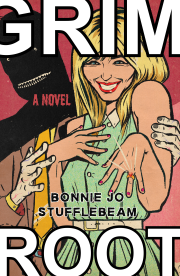Writing The Other Rechristens Financial Aid Program to Vonda N. McIntyre Sentient Squid Scholarship
News from Writing the Other:
Nisi Shawl and K. Tempest Bradford, administrators of Writing the Other online classes, are pleased to announce that their scholarship program, launched in 2016, is now retitled the Vonda N. McIntyre Sentient Squid Scholarship. This name change, in honor of the award-winning and beloved science fiction and fantasy novelist who passed away in April of this year, comes about not only because Vonda was a friend and mentor to both Shawl and Bradford, but also because without her there would be no scholarship fund.


